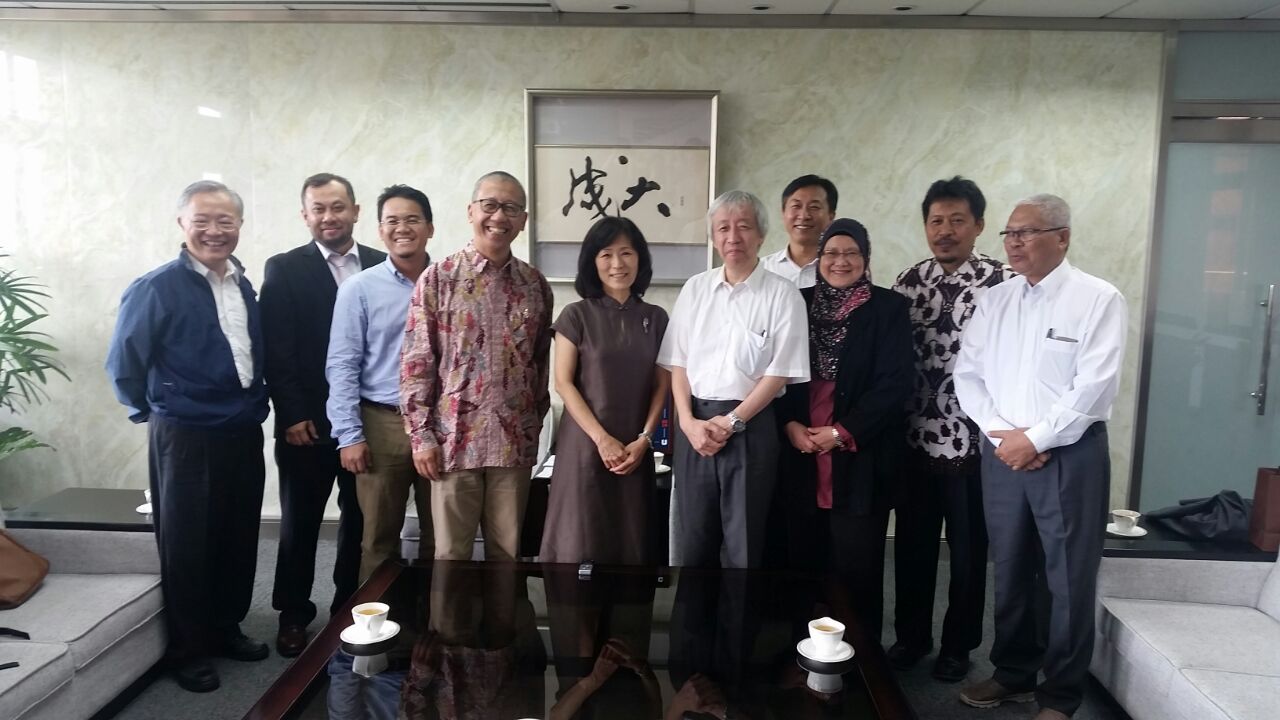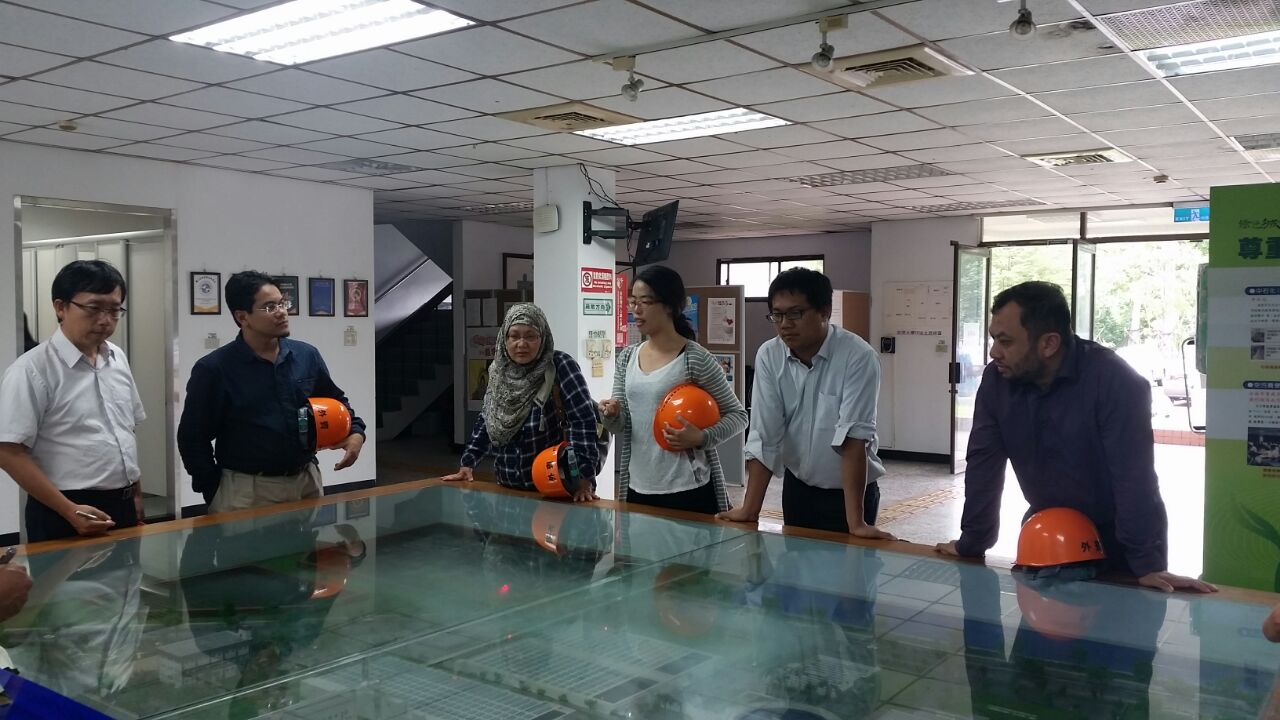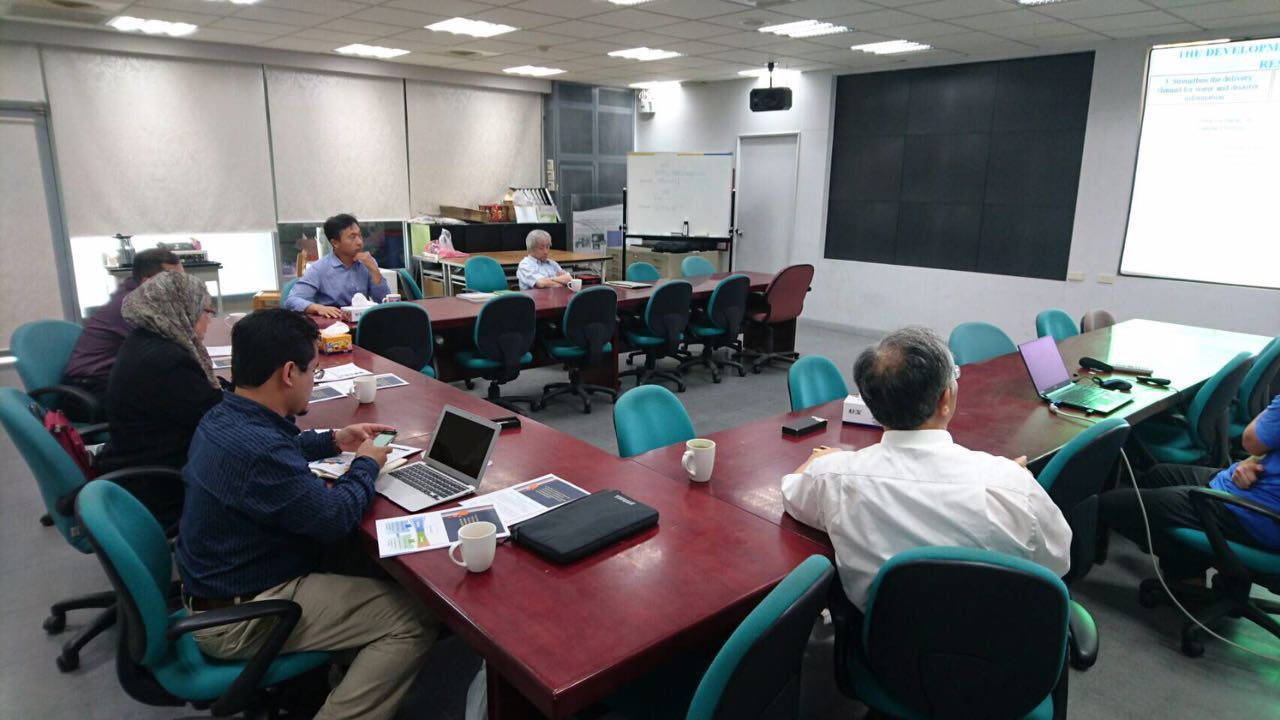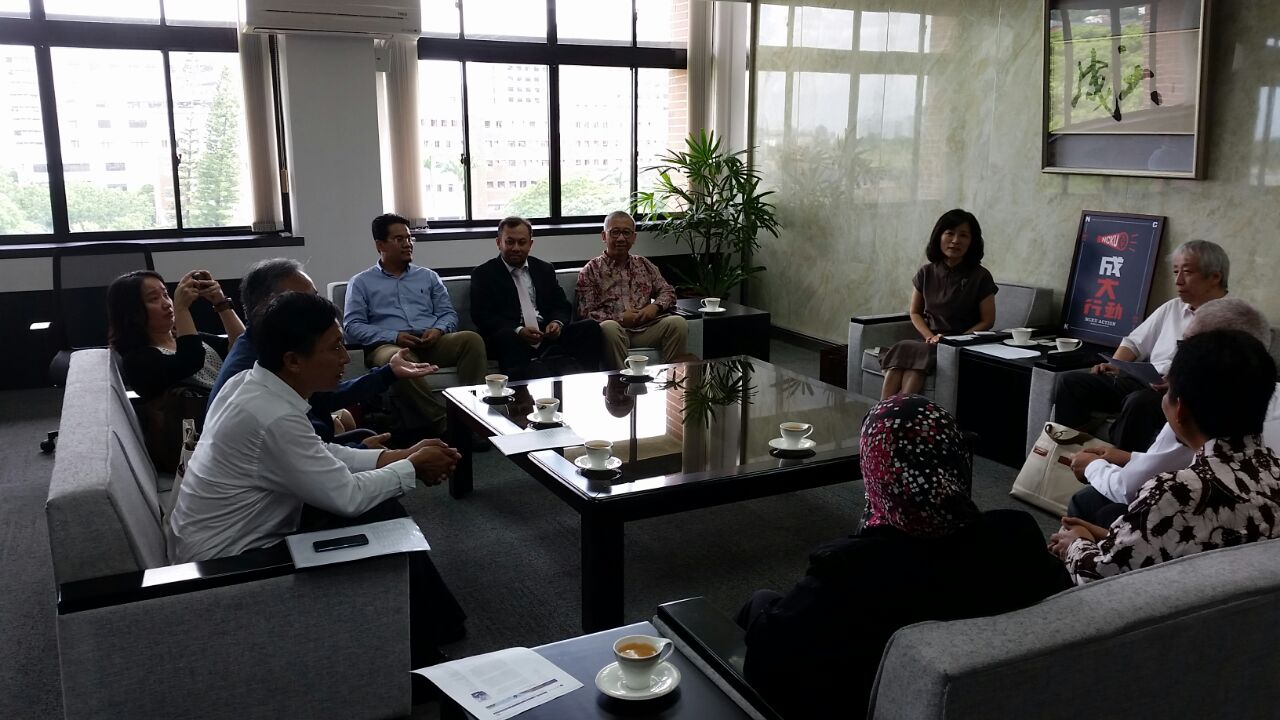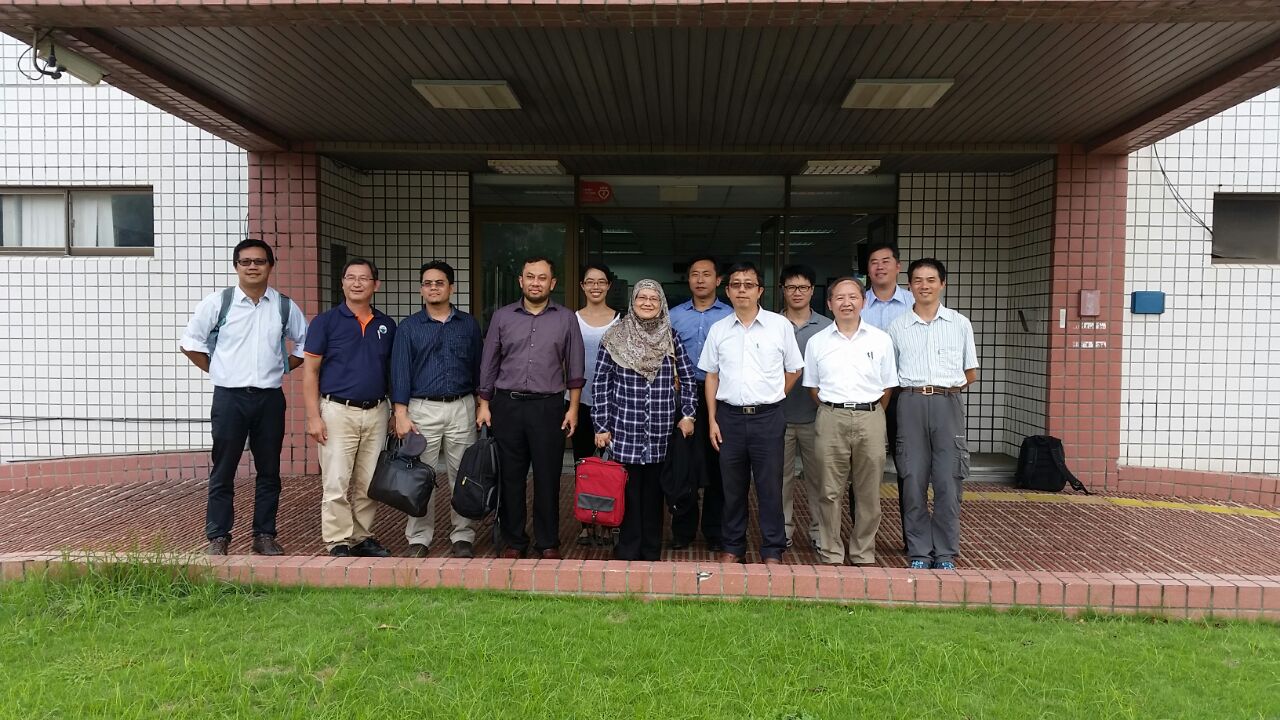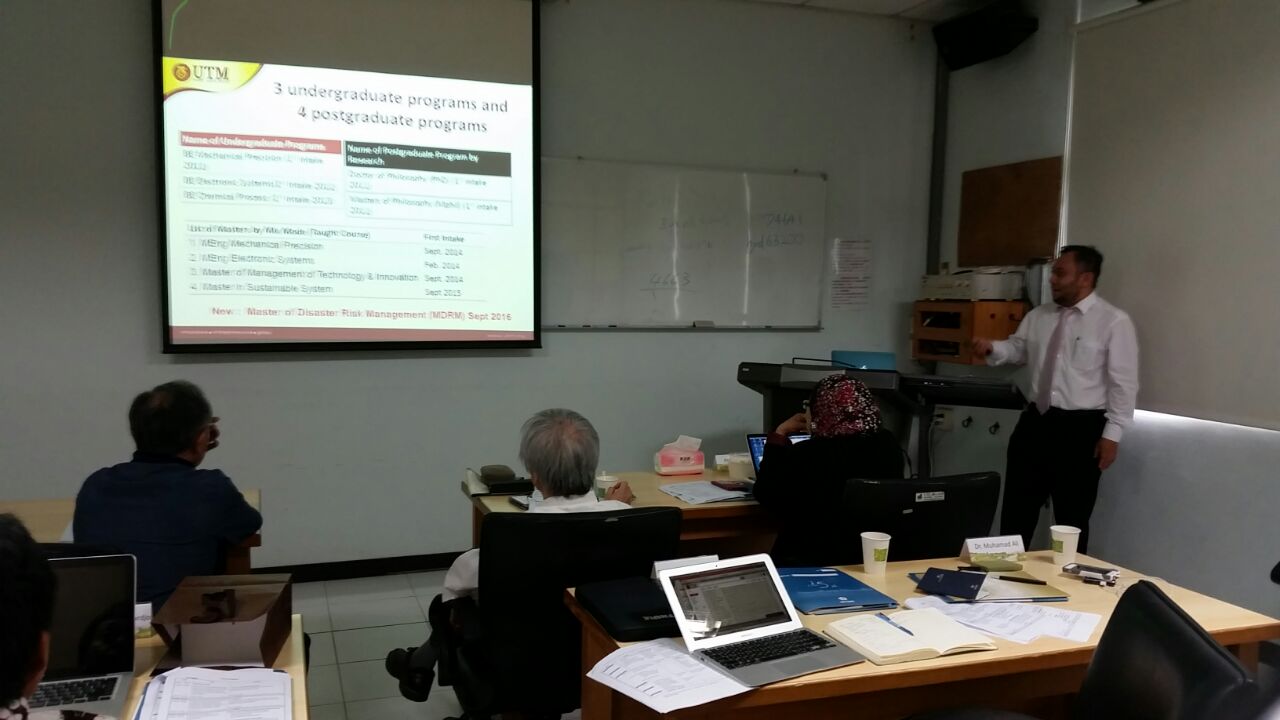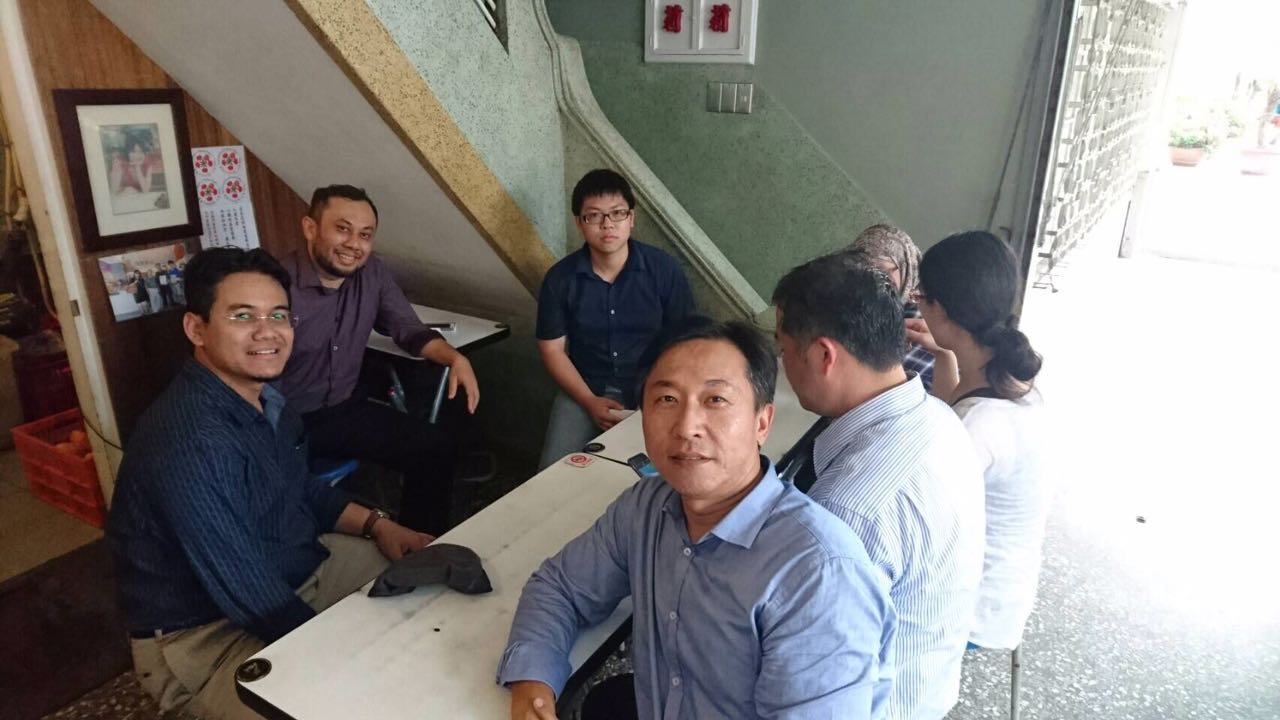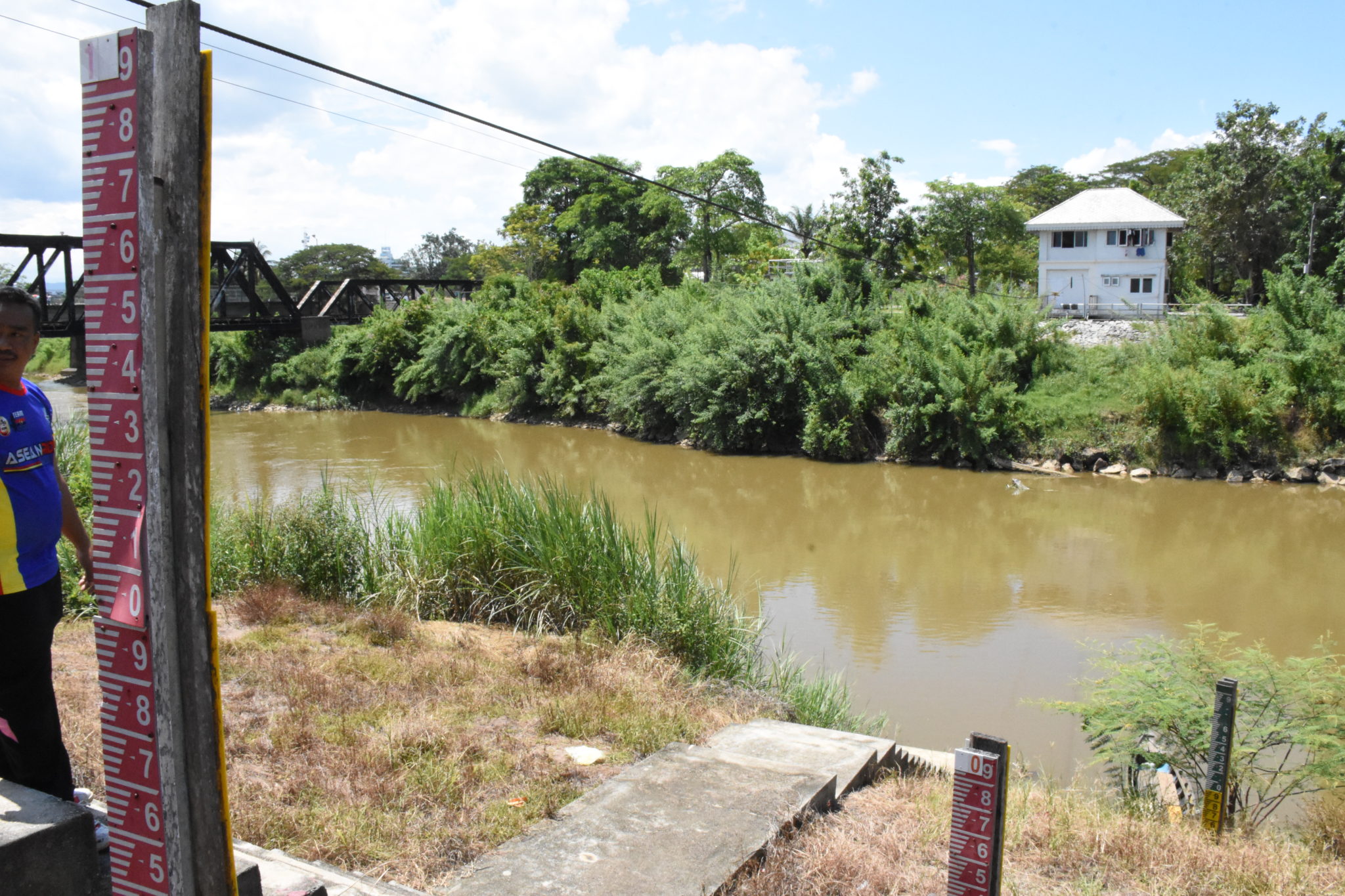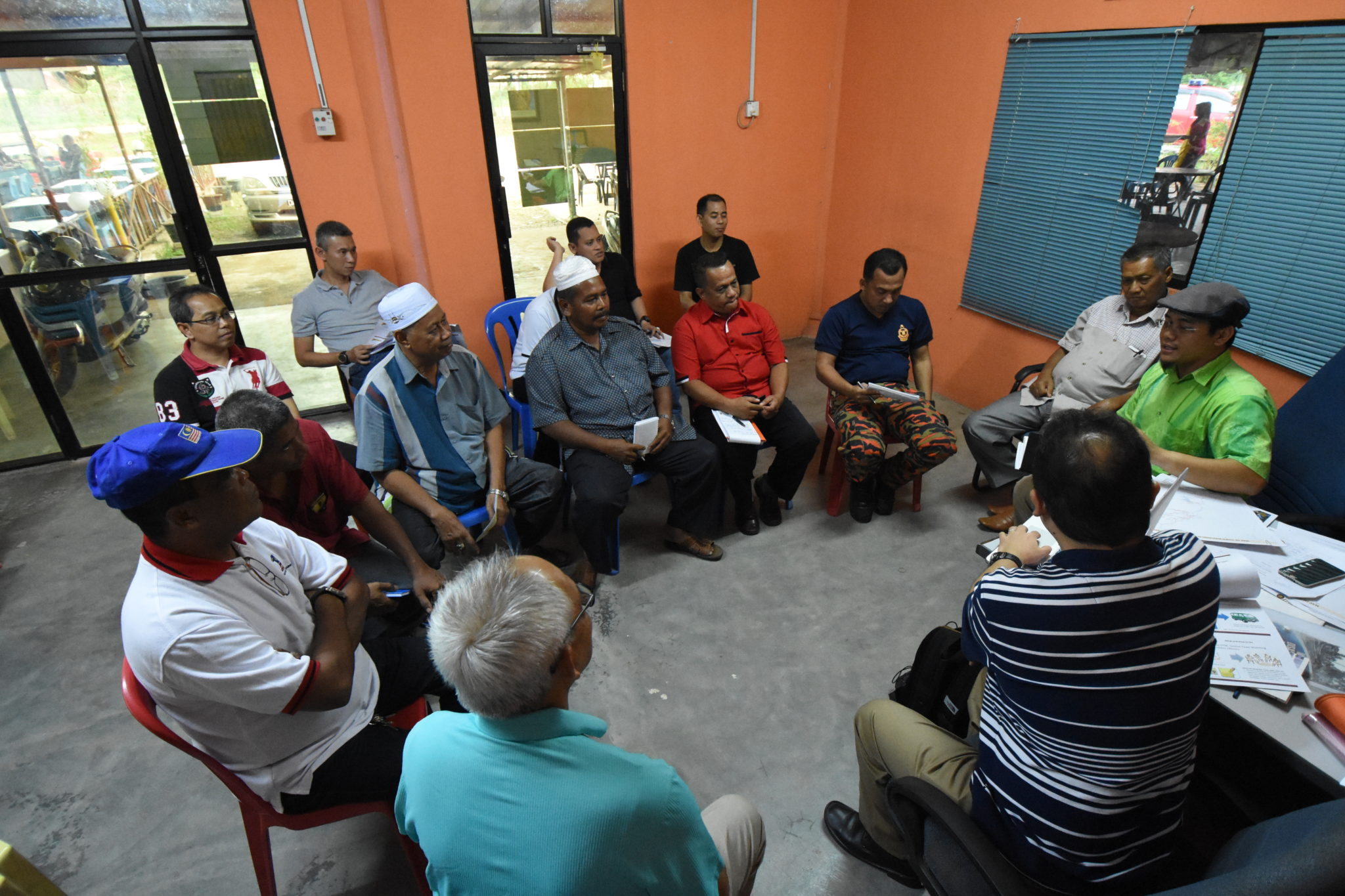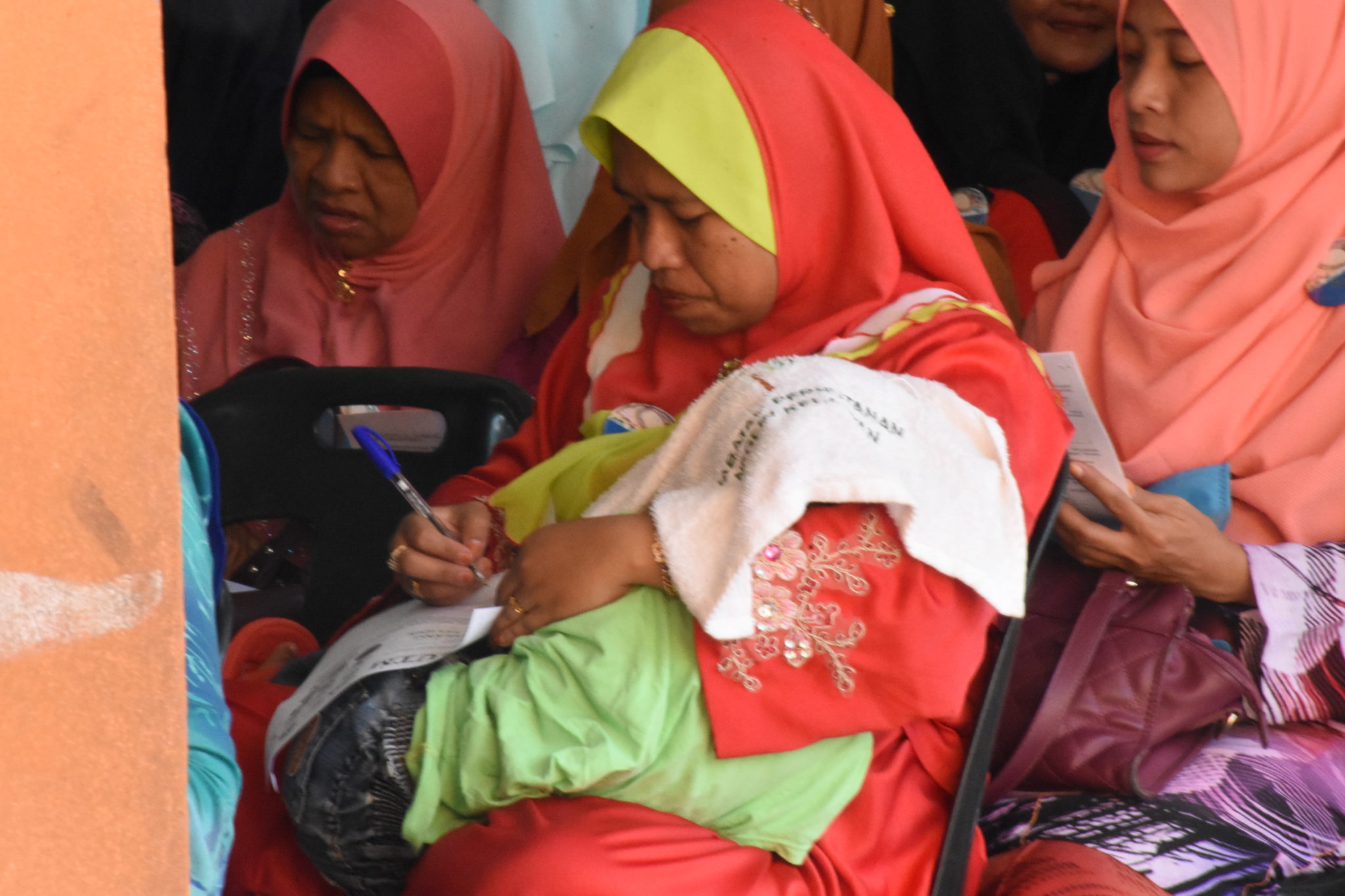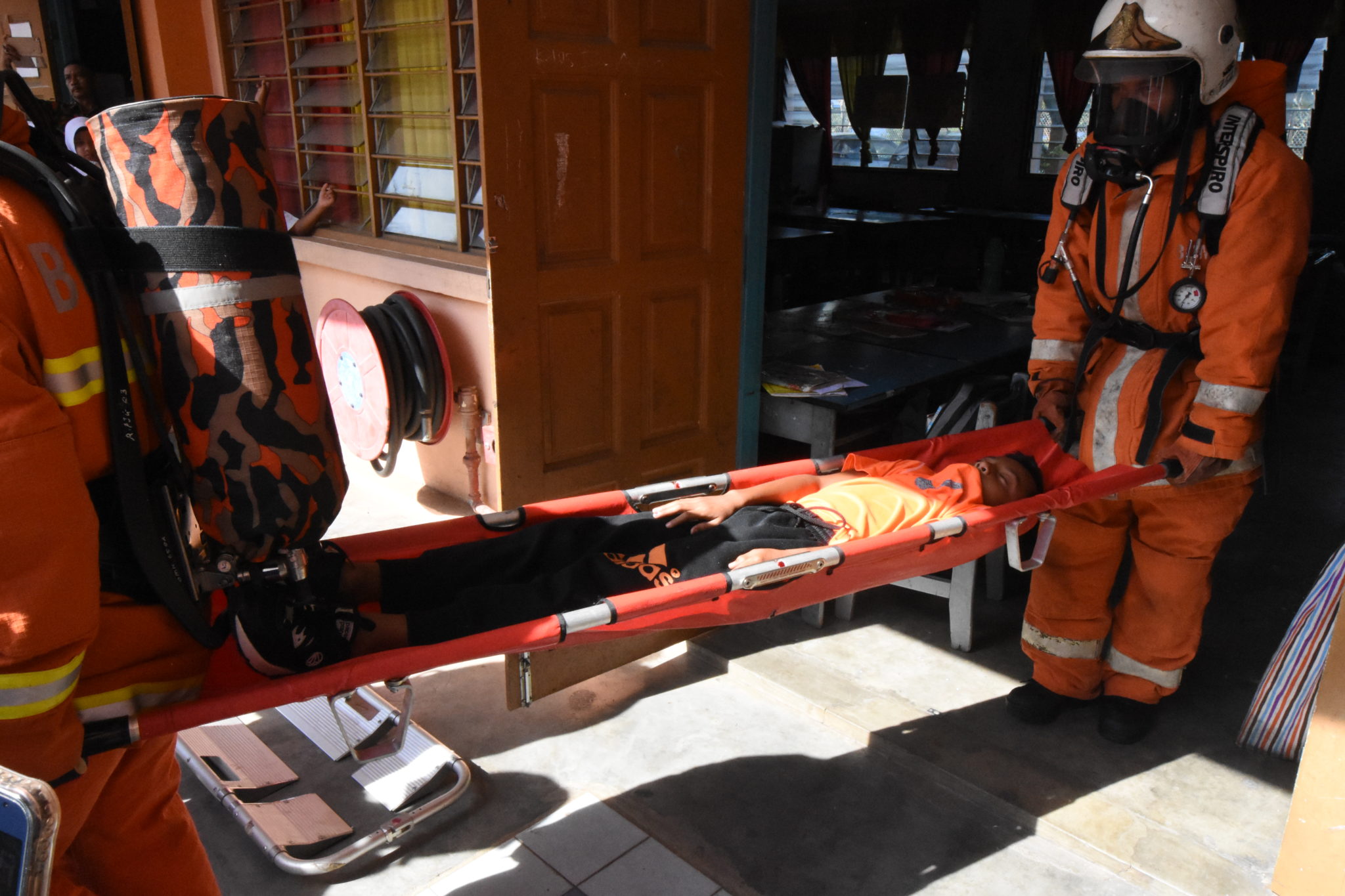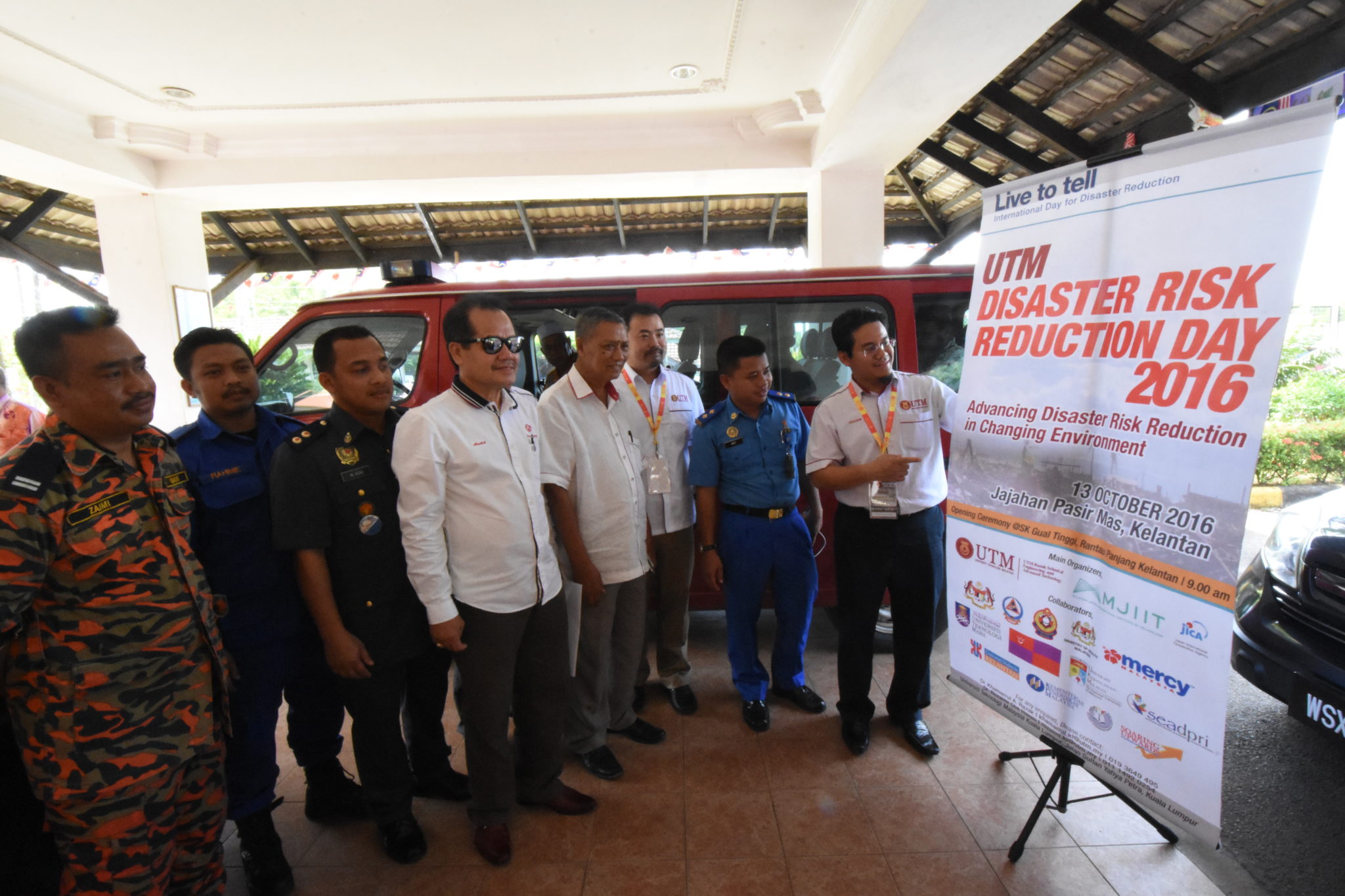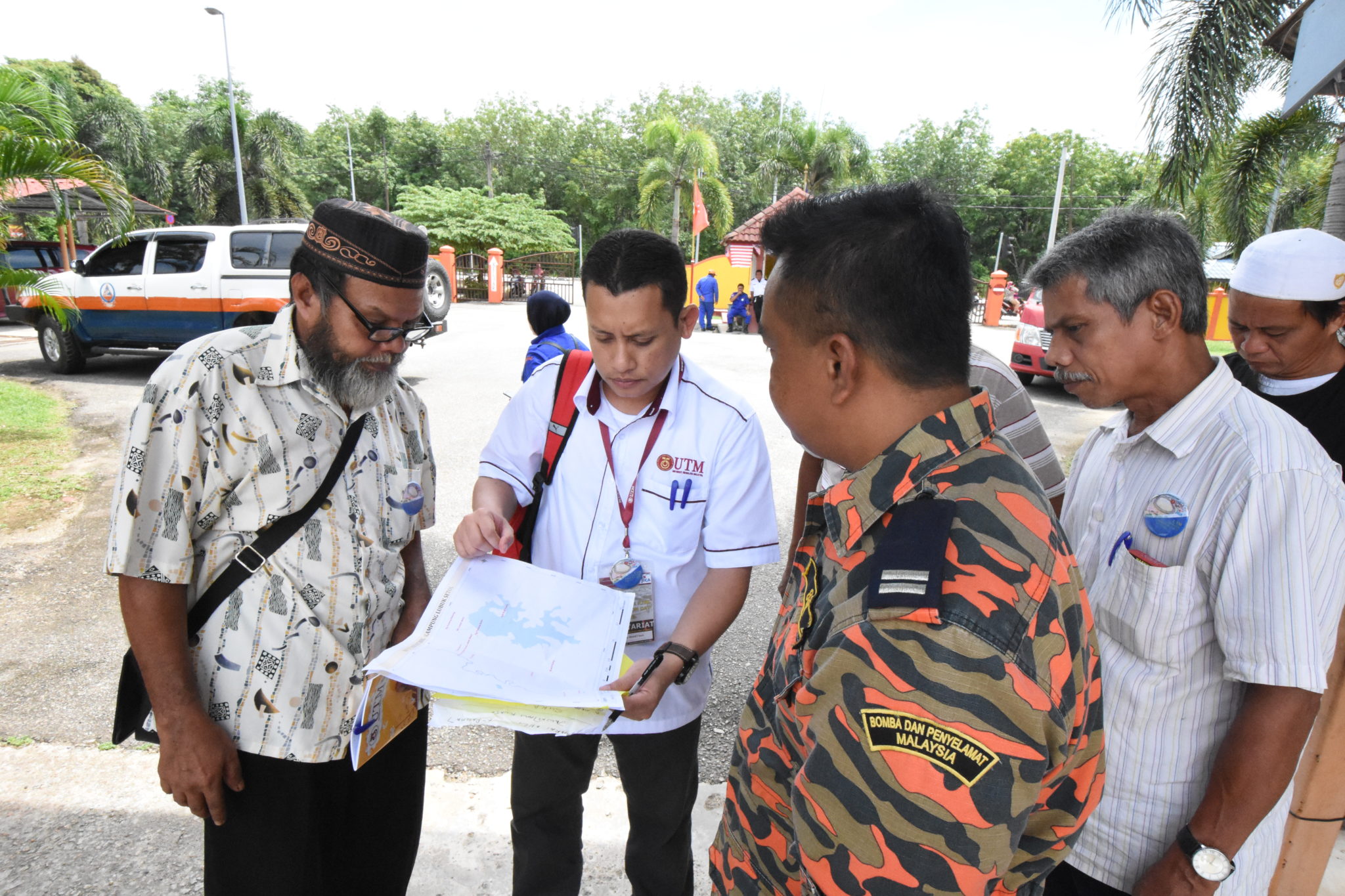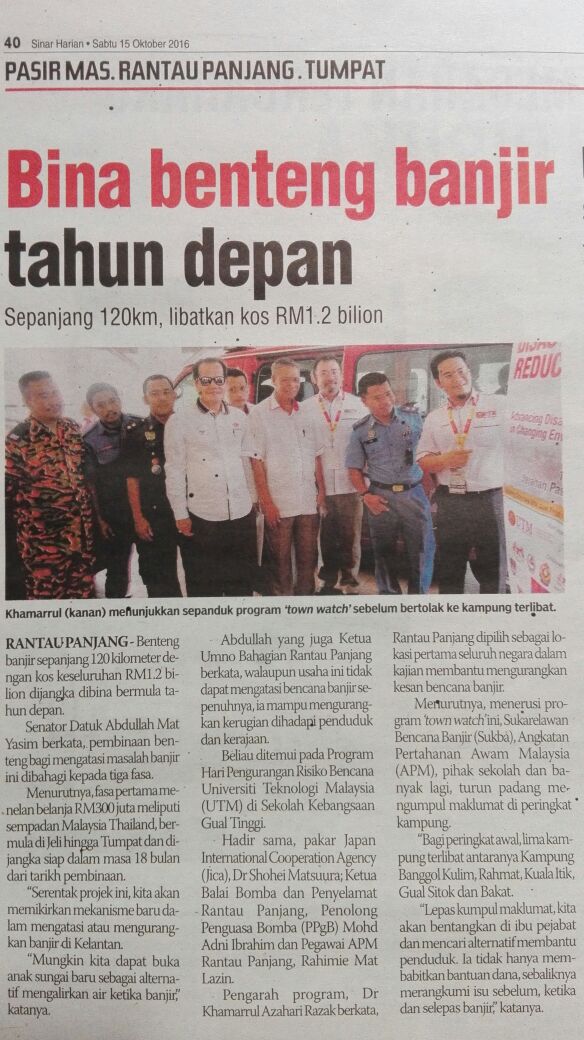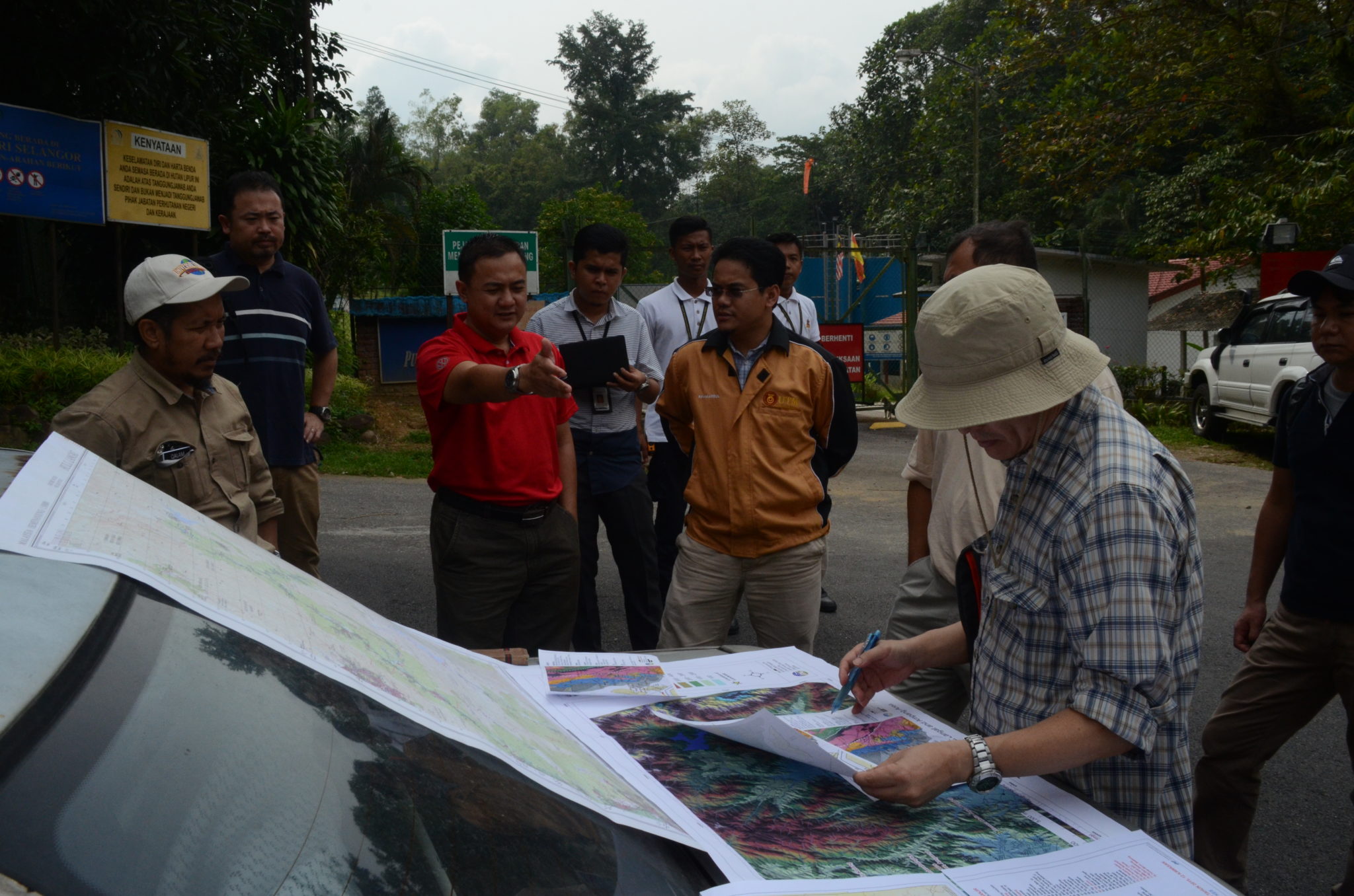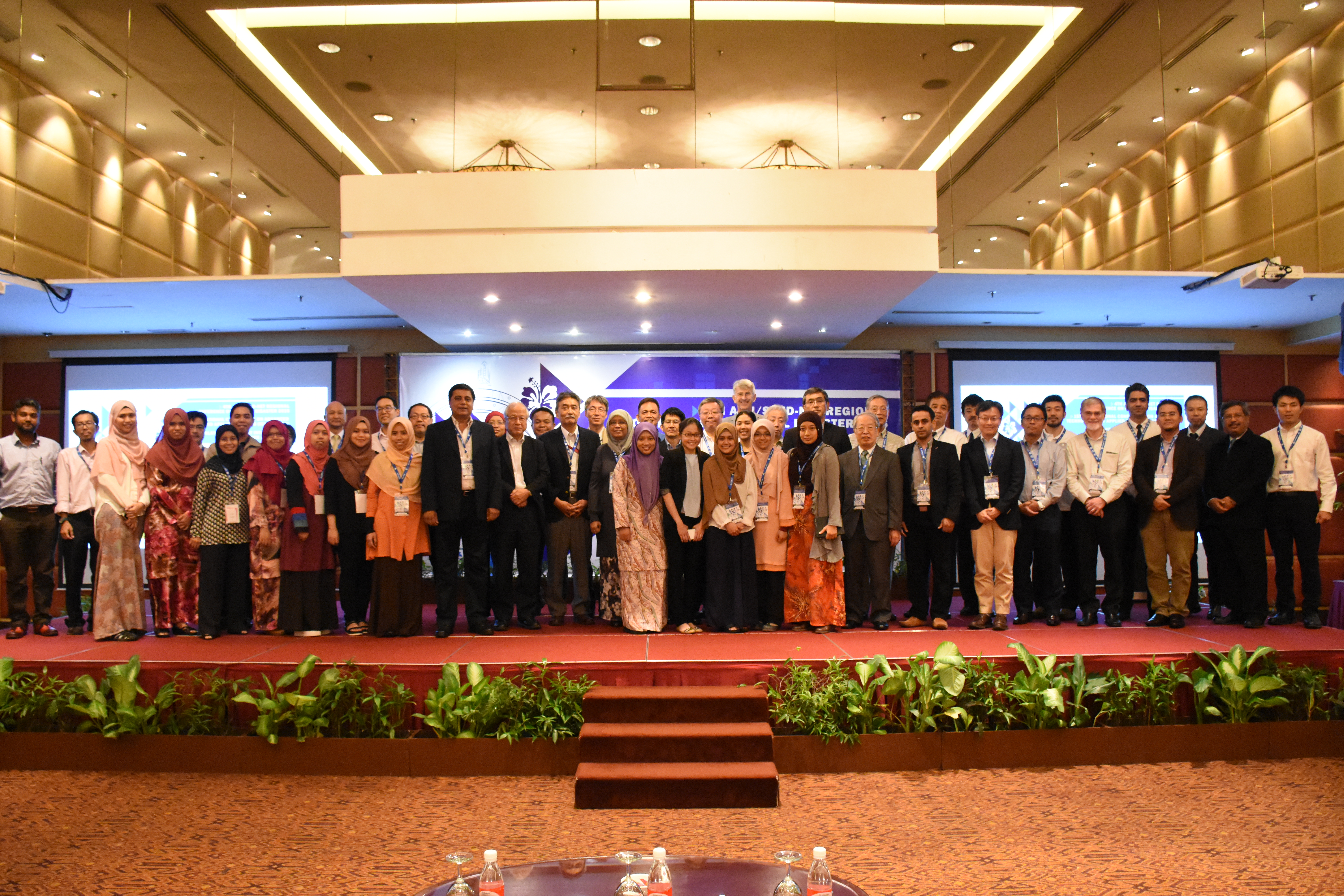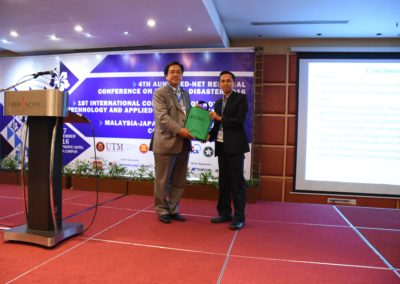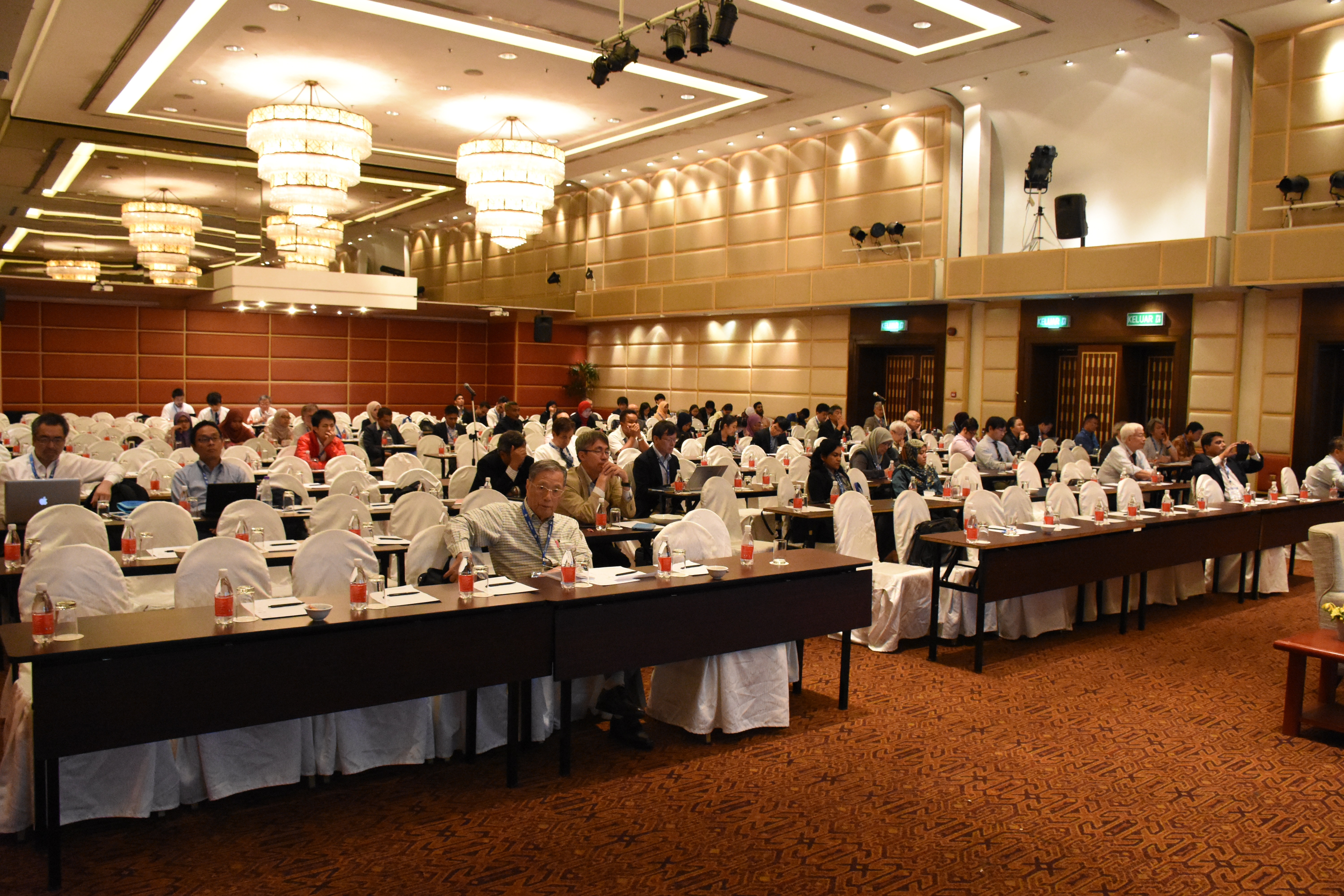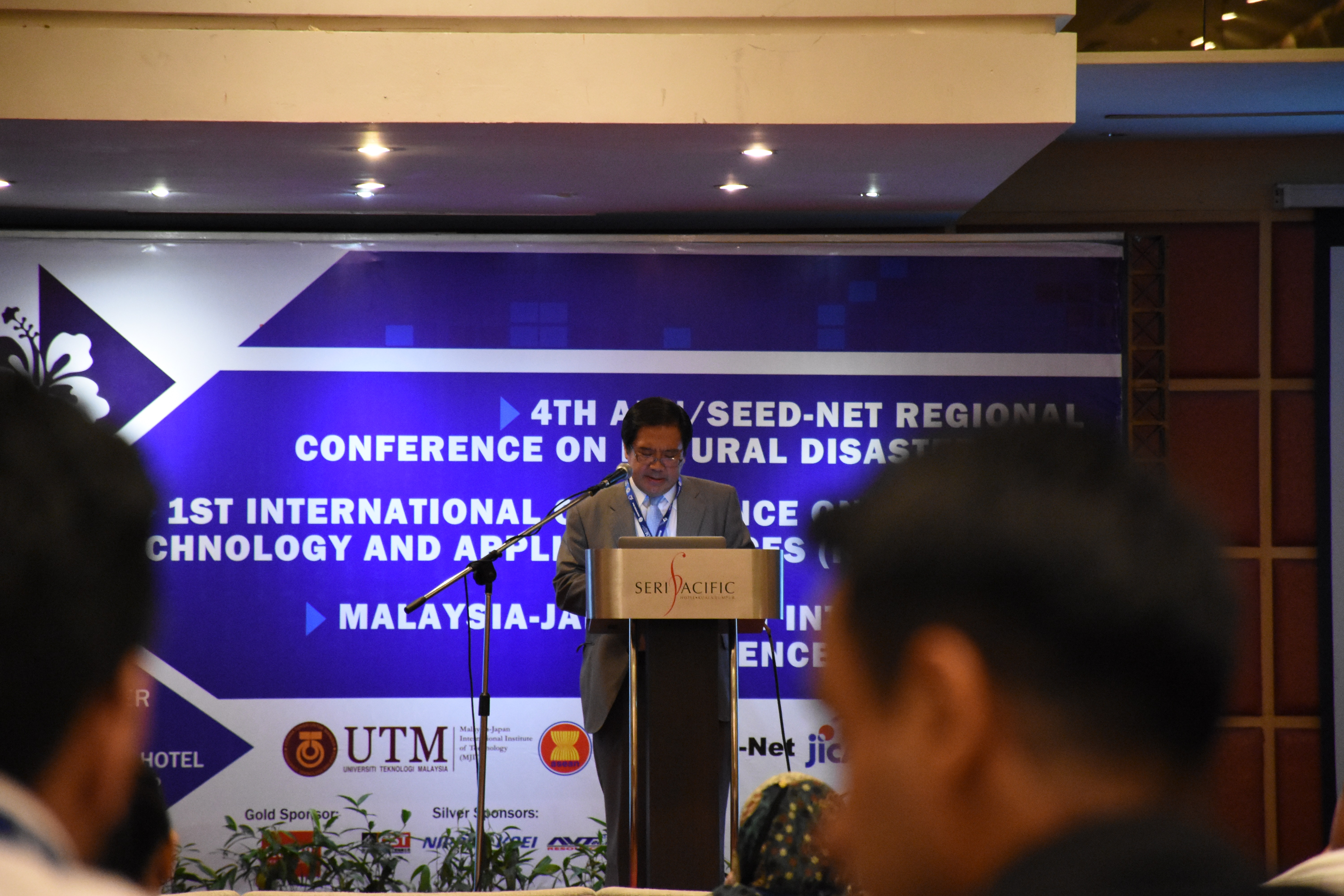by megatfa | Nov 7, 2016 | Events and Photo Gallery, News
“Bringing Science to the Local Levels”
DPPC/MDRM participation to Asian Ministerial Conference on Disaster Risk Reduction (AMCDRR 2016), 3-5 November 2016, New Delhi India.
-ABOUT AMCDRR 2016-
On 2-5 November 2016, the DPPC/MDRM team participated in the Asian Ministerial Conference on Disaster Risk Reduction (AMCDRR 2016) organized by the United Nations Office for Disaster Risk Reduction (UNISDR) and the Government of India in New Delhi India. AMCDRR has brought together over 3,000 participants that included decision makers, government officials, scientists/researchers, bi-lateral and multi-lateral organizations, community-based organizations and private companies to discuss on the implementation of the Sendai Framework for Disaster Risk Reduction (2015-2030) in making the Asia-Pacific Region more resilient to disasters.
-ROLE OF SCIENCE AND TECHNOLOGY FOR DRR-
UNISDR’s Asia Science Technology Academic Advisory Group (ASTAAG) in particular, focused its discussion on the role of science and technology to further strengthen DRR. Together with the continuation of advancing technology and research for DRR, the group emphasized the importance of connecting science with different stakeholders in various sectors and especially linking it with the local authorities and communities. Utilizing the comparative advantage of universities and research institutions possessing both scientific knowledge and community linkages, the group acknowledged its increasing role to assist governments on evidence based decision-making and action planning.
-DPPC/MDRM AT THE AMCDRR-
At AMCDRR, DPPC/MDRM team were able to exchange views about the role of academic researchers with various participants including officials of National Disaster Management Agencies, members of ASTAAG, researchers of other universities/research institutions, NGOs and students. The team members participated in thematic sessions on the four priority actions of the Sendai Framework and technical sessions such as Ecosystems-based DRR, Private Sector Engagement in DRR, Risk Assessment and Multi-hazard Mapping and Community Resilience. In addition, the team proactively promoted the DPPC and MDRM program, which received great interest from disaster professionals and students, allowing the DPPC/MDRM program to join and be a part of the DRR network in the Asia-Pacific Region.
-NEXT STEPS-
While participation to such conferences commonly can become a one-time event, the DPPC/MDRM program is already planning next steps to “bring science to the local levels.” Such activities have already been taken, including field visits to Selangor Hulu Langat River Basin and community based DRR activities in Rantau Panjang. The program will continue to bring its research outcomes to communities and government agencies to assist facilitation of evidence-based actions for achieving the goals of national DRR plans and the Sendai Framework through training, research and field practices.
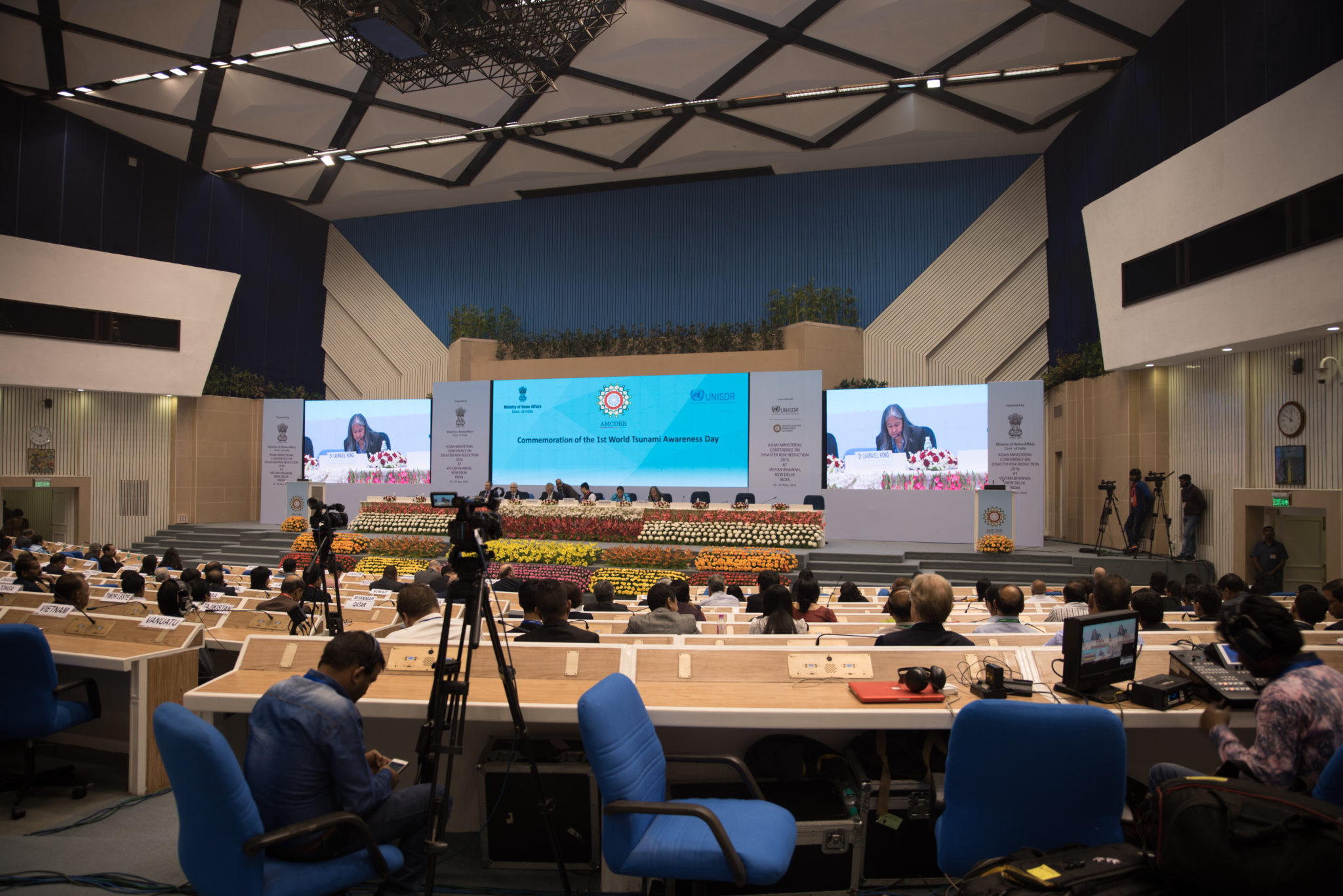 AMCDRR5 at New Delhi India, 3-5 November 2016 |
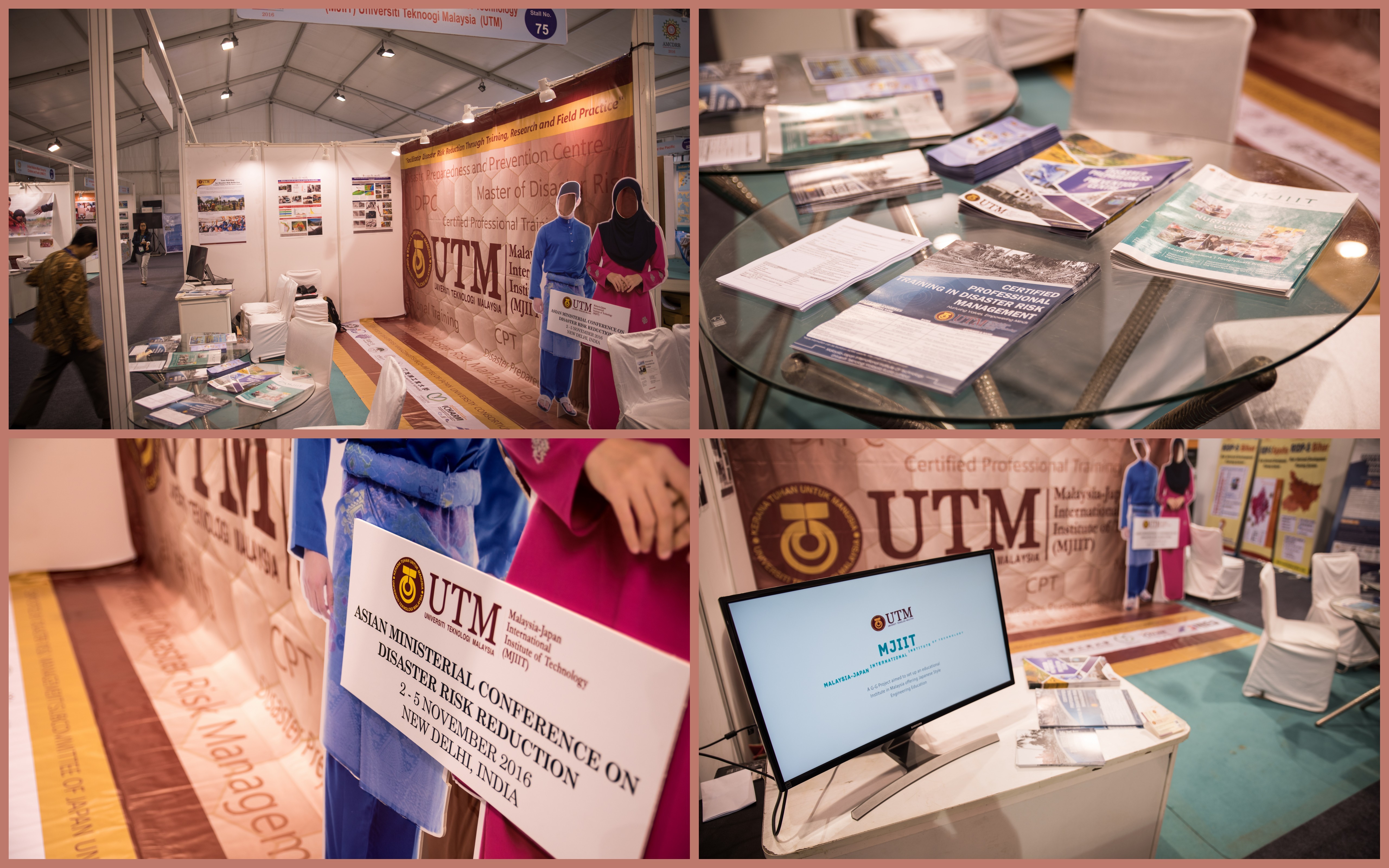 DPPC-MDRM-MJIIT-UTM Booth at the Asian Ministrial Conference on Disaster Risk Reduction (AMCDRR) in New Delhi India
|
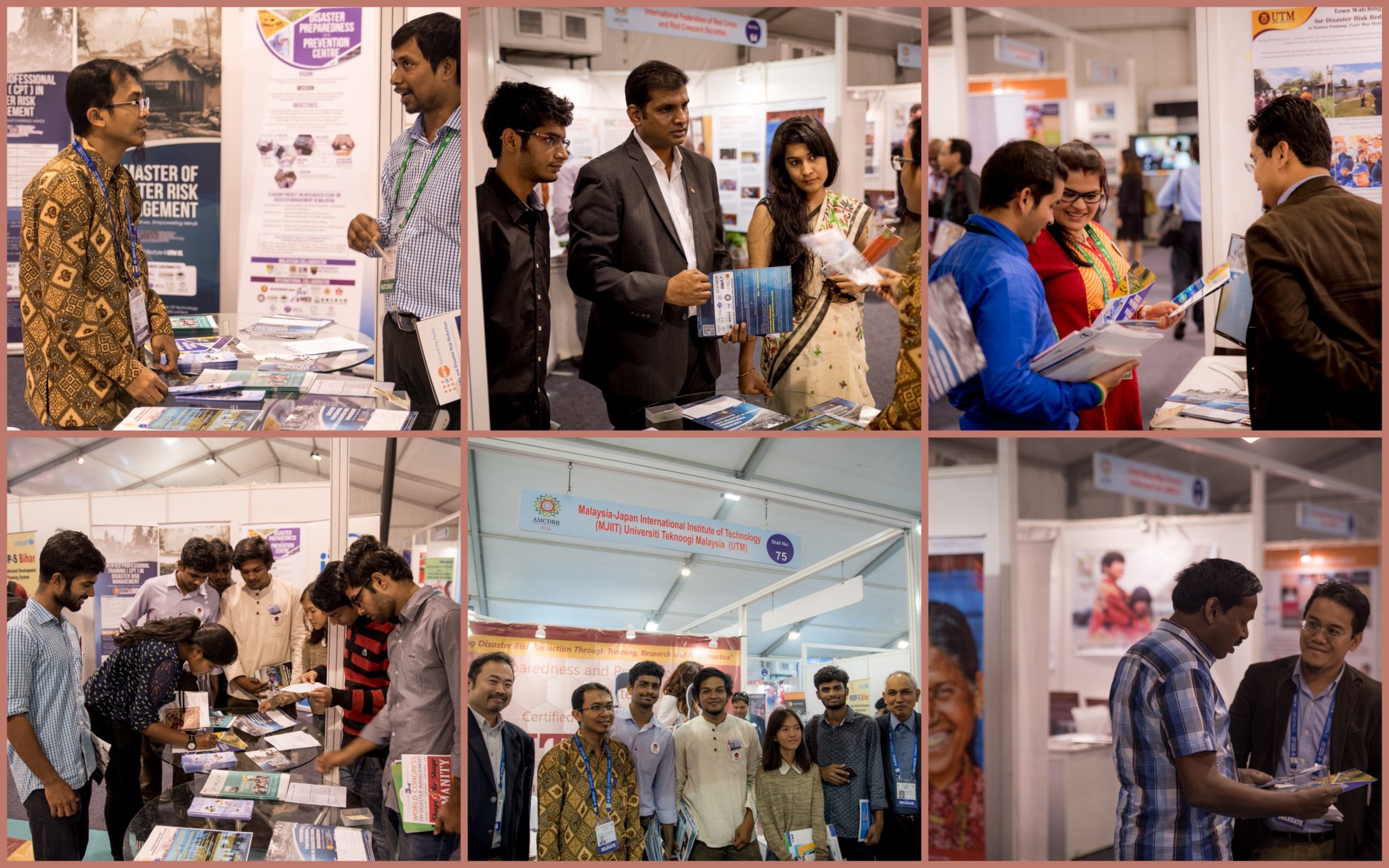 Visitors at DPCC-MDR-MJIIT-UTM booth at the AMCDRR |
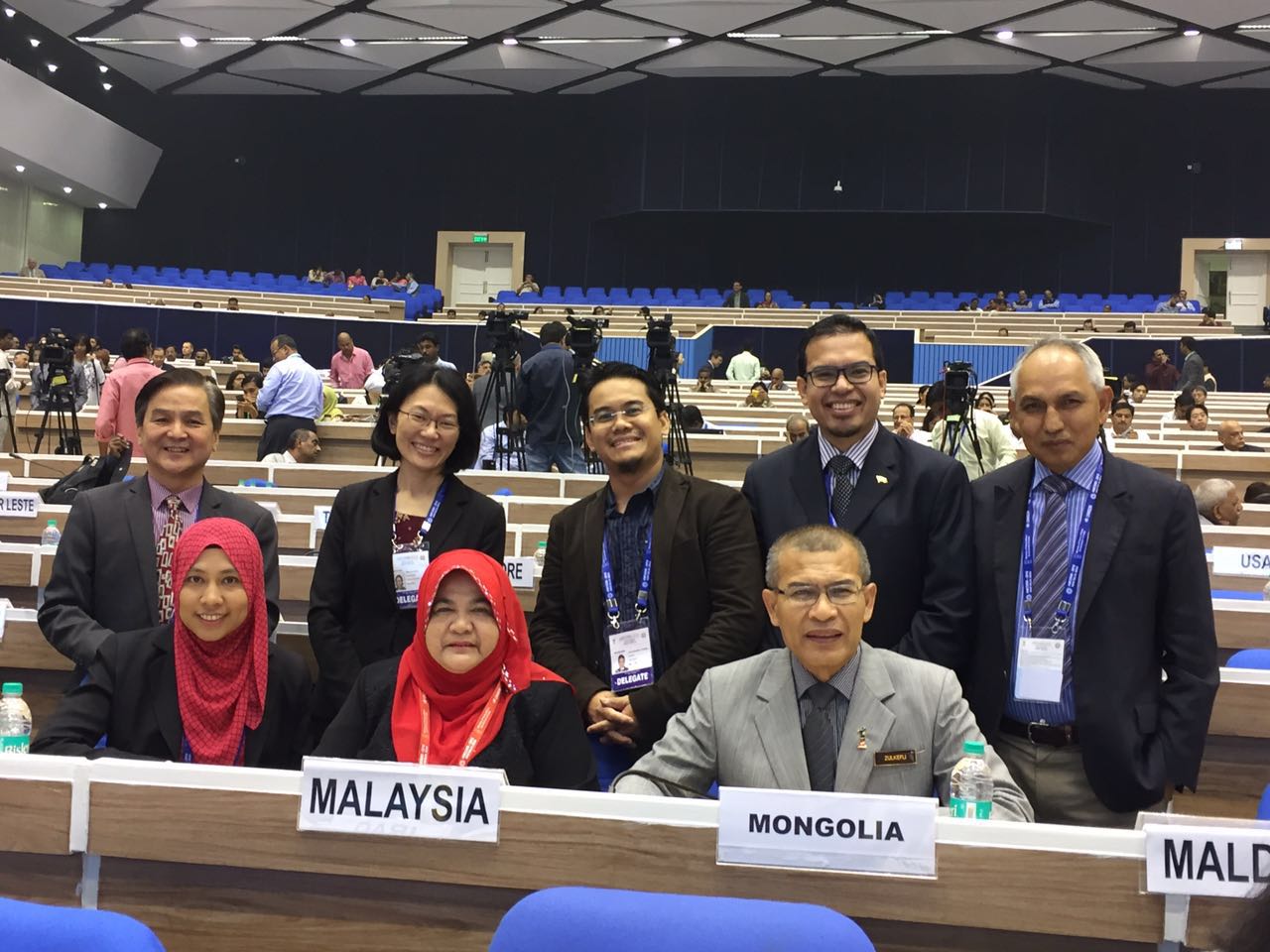 DPPC team with the Malaysian Delegation at the AMCDRR |
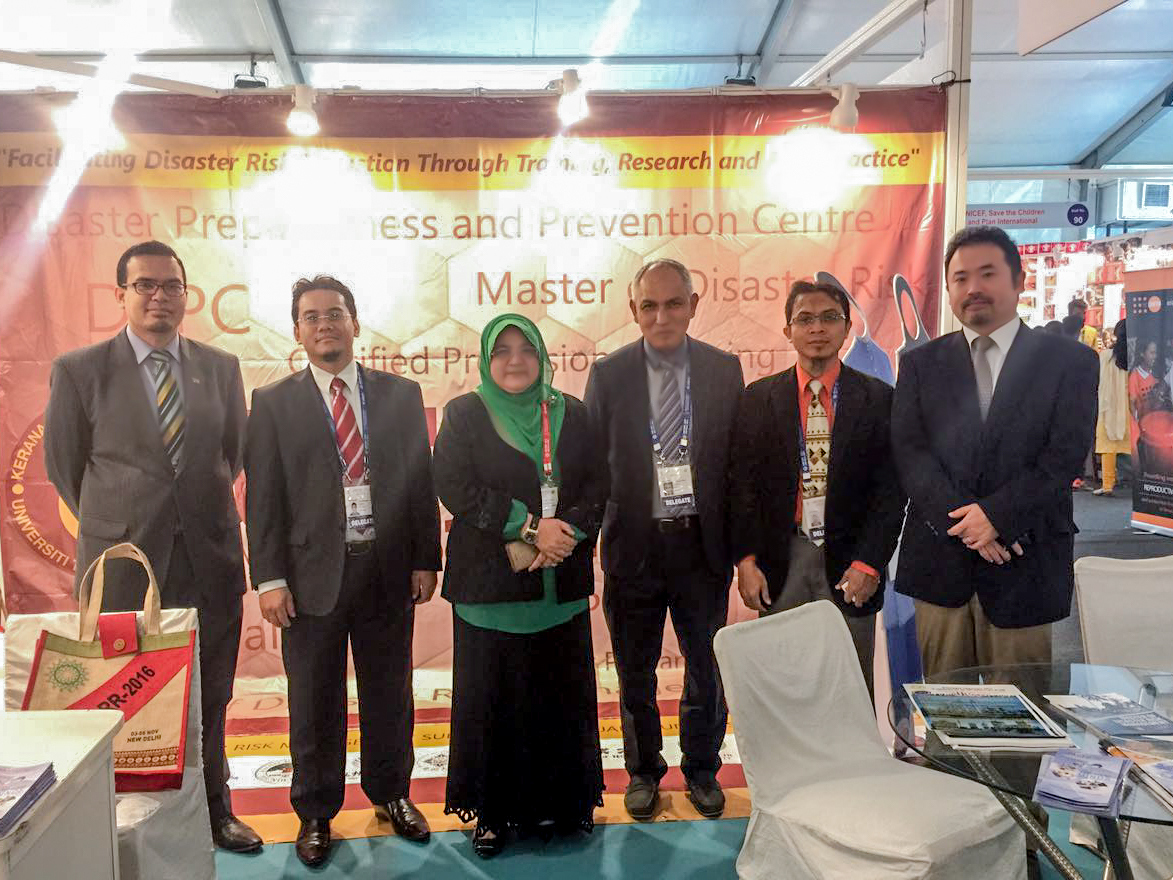 Dato’ Zaitun Ab Samah, Director General of the National Disaster Management Agency (NADMA) at our booth |
 DPPC team with Prof. Rajib Shaw, Executive Director of the International Programme Office of the Integrated Research on Disaster Risk (IRDR) Programme and Co-chair of UNISDR’s Asia Science Technology Academic Advisory Group (ASTAAG) |
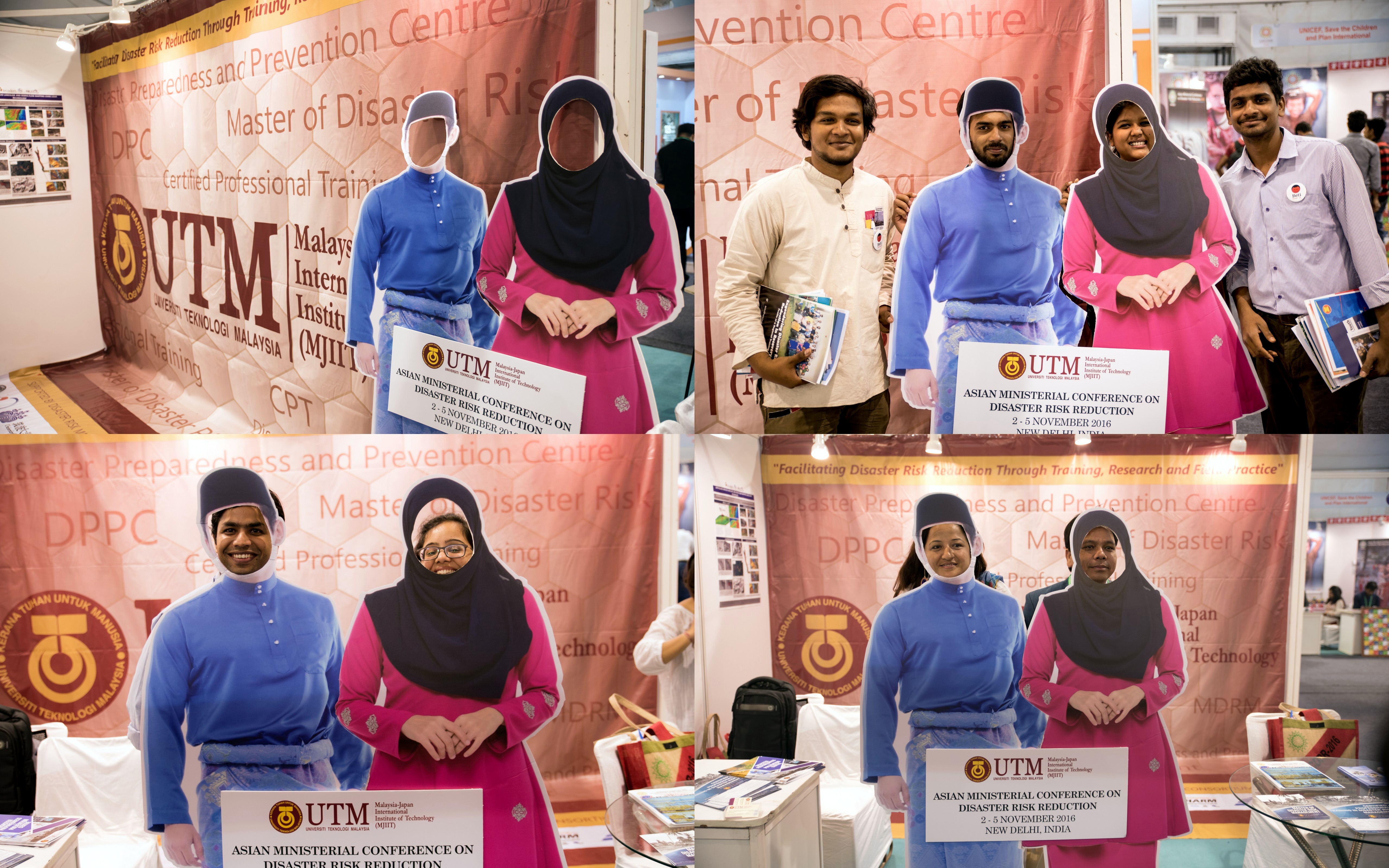 Our new friends at AMCDRR |
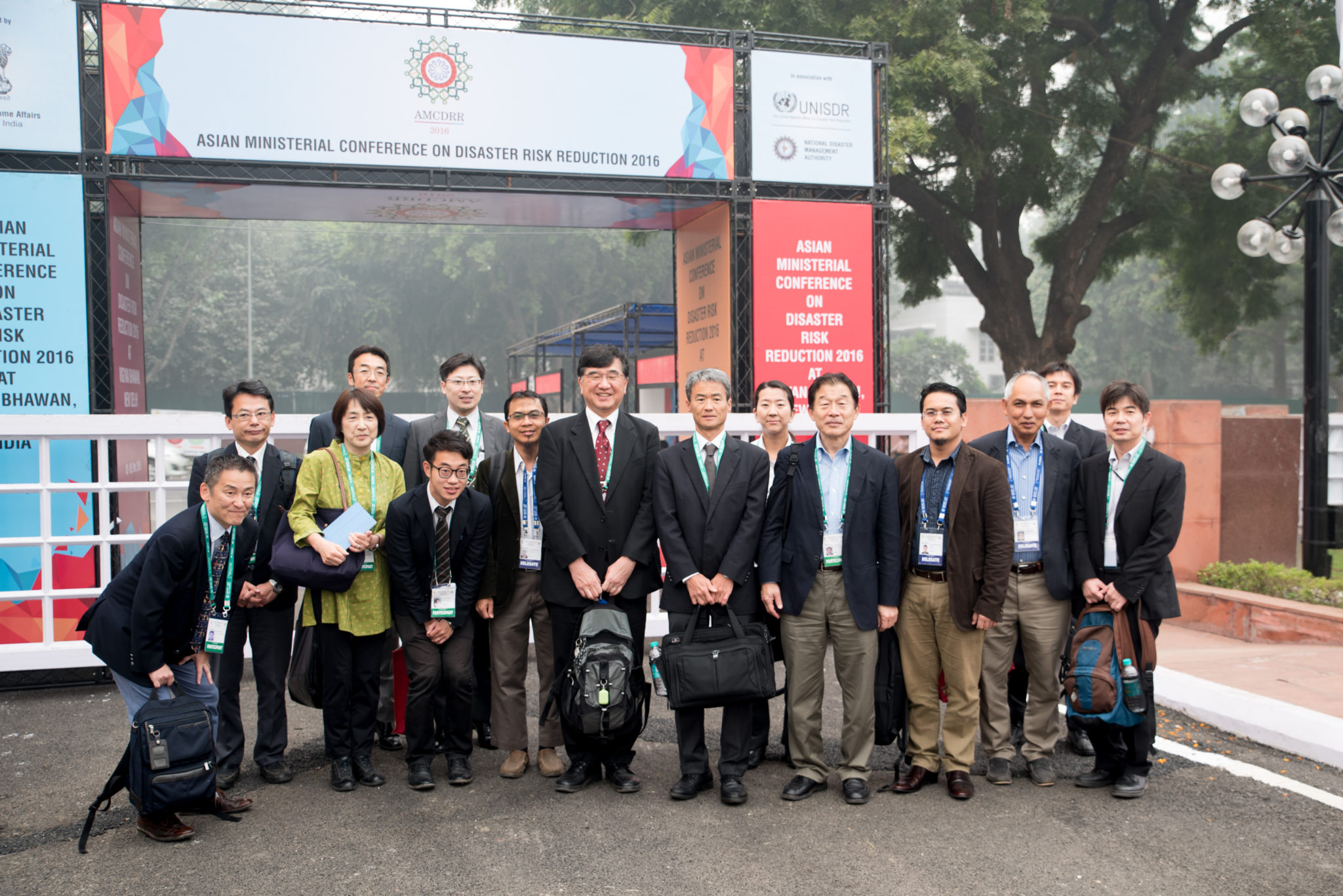 DPPC team with JICA delegation at AMCDRR |
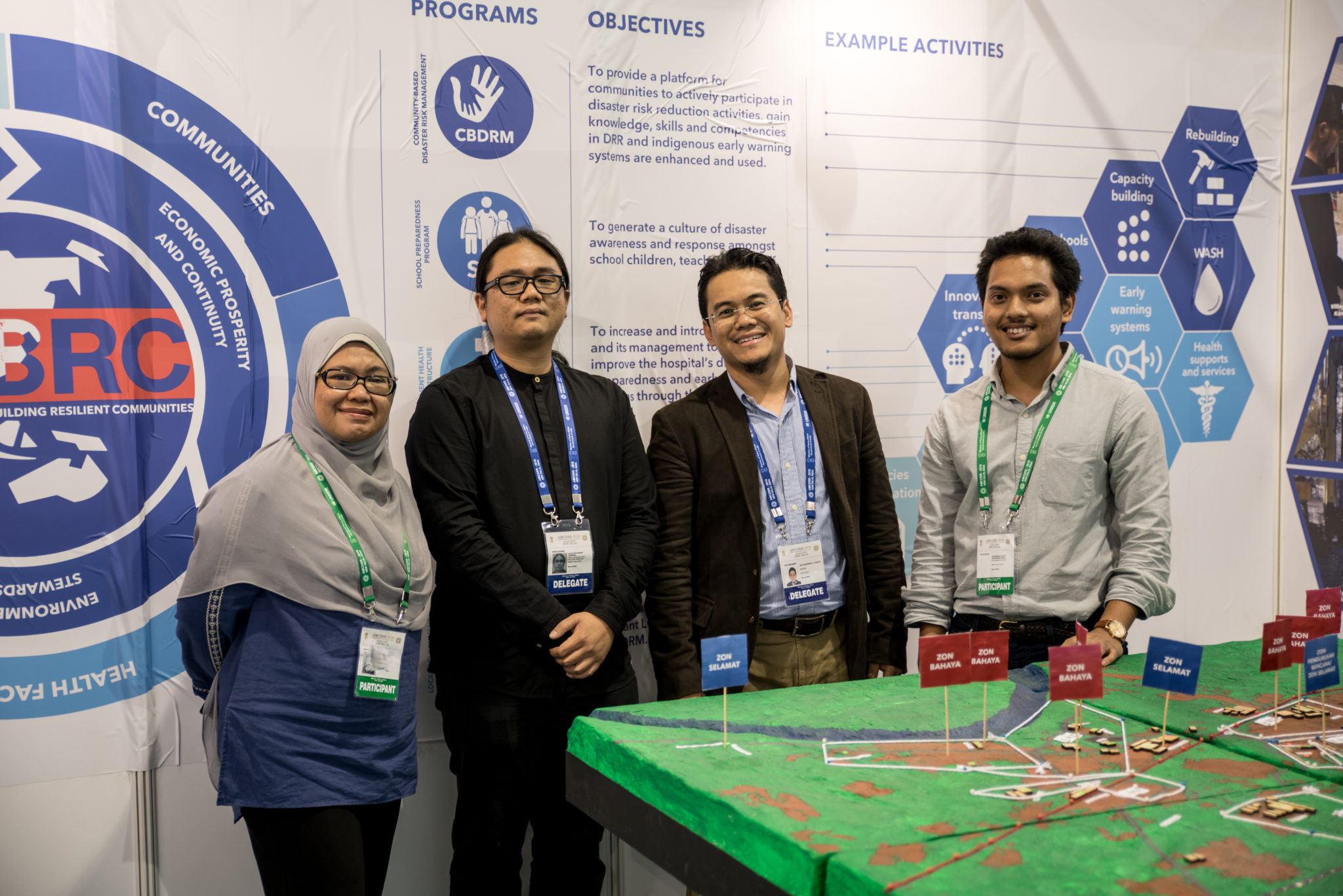 DPPC team with MERCY Malaysia at AMCDRR |
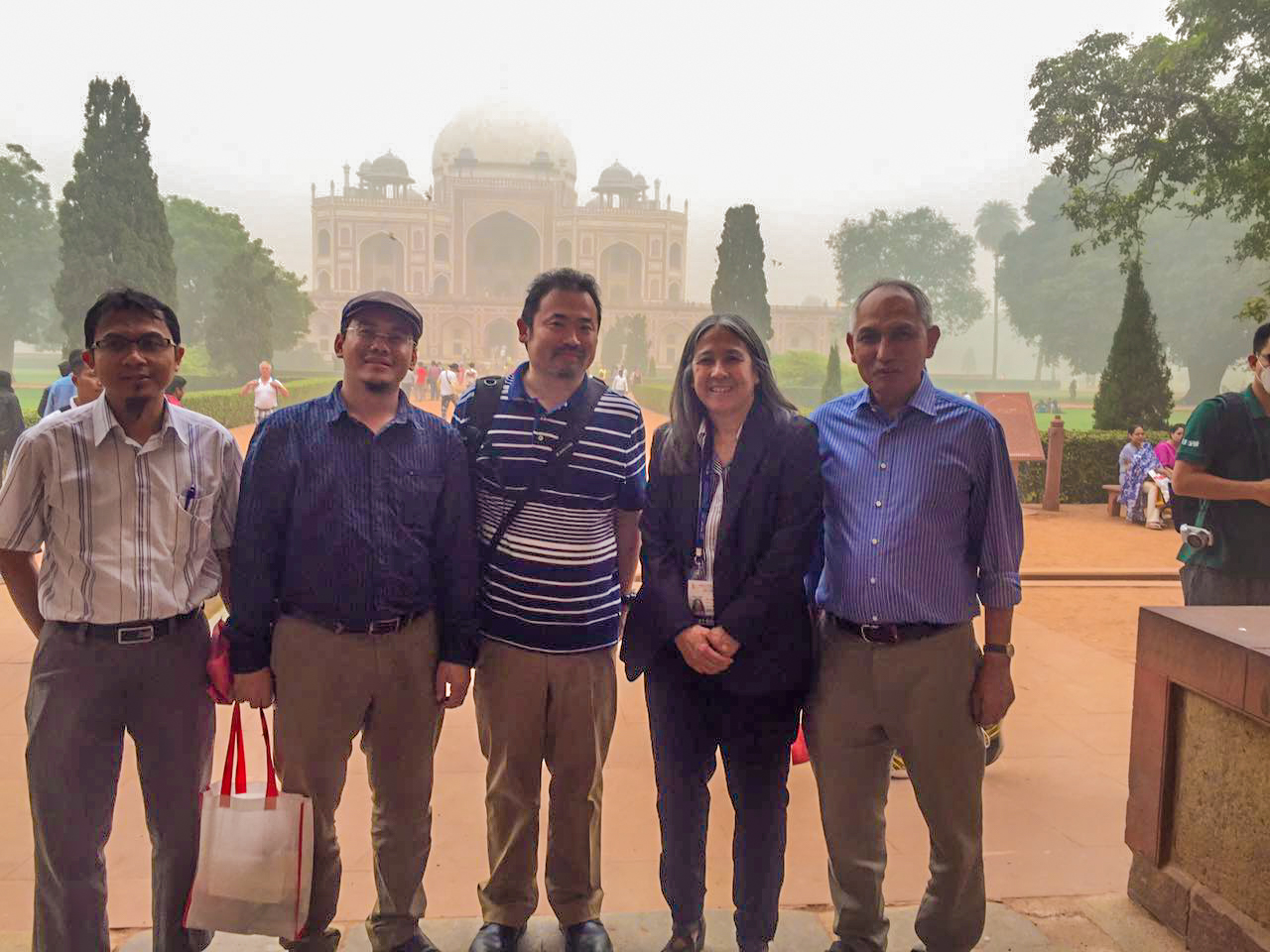 DPPC team with Dr. Laura Kong, Director of UNESCO-IOC–NOAA International Tsunami Information Center (ITIC) |
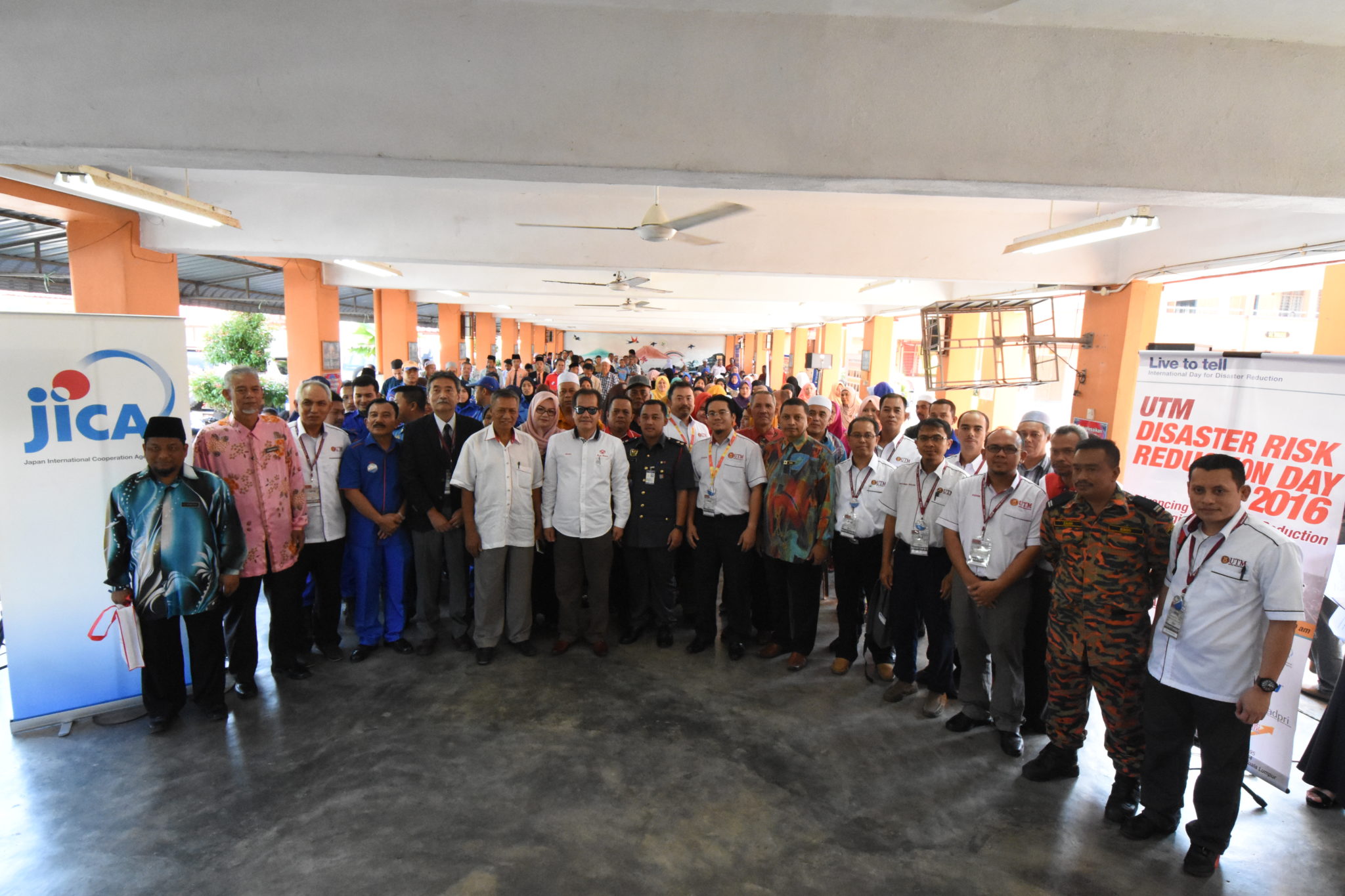
by megatfa | Oct 17, 2016 | Events and Photo Gallery, News
Universiti Teknologi Malaysia (UTM) Kuala Lumpur with the support of Japan International Cooperation Agency (JICA) have organized the UTM Disaster Risk Reduction Day 2016 (UTM-DRR2016) which was held on October 13, 2016 in Rantau Panjang, Jajahan Pasir Mas, Kelantan. The purpose of this program is to actively support the International Day for Disaster Reduction of the United Nations Office for Disaster Risk Reduction (UNISDR), which is on October 13 every year.
In line with this international call, this program is expected to contribute to the realization of the goals stipulated by the Sendai Framework for Disaster Risk Reduction 2015-2030 in Malaysia. At the national level, the Government adopted the Melaka Declaration on Disaster Risk Reduction in 2011, and formalized the Malaysia’s National Platform for Disaster Risk Reduction in 2013. Strategic Thrust 4 of 11th Malaysia Plan on the strengthening of resilience against climate change and disasters also addresses the crucial need of actions and priorities to reducing disaster risk.
This community-based activities was organized with the technical support by various governmental agencies and non-governmental organization, e.g. National Disaster Management Agency, Malaysia Civil Defense Force, Fire & Rescue Department, Ministry of Health, local council, and also non-governmental organization (e.g. CDERT-C & Neighborhood Group), which will be technically beneficial to about 20,000 communities.
Overall, this program is organized to assist the ongoing efforts of DRM agencies in fulfilling their mandates for building resilience of communities to natural disasters. It also encourages academician, researchers, individual, government, and also community, e.g. Civil Defence Emergency Response Team-Community (CDERT-C), a local volunteer organization established in 2015 with capacity of about 1000 registered local communities, to take active part in building disaster resilience at national and local levels. This program highlights the model making for community DRM awareness (learning-by-doing), promotion of DRM at UTM, and also scientific- and technical data collection related to community-, flood risk assessment, and Disaster Business Continuity Plan (DBCP).
As for UTM, the Malaysia-Japan International Institute of Technology (MJIIT) has developed the Disaster Management Program that includes establishment of the Disaster Prevention and Preparedness Center (DPPC) in 2015 and the start of the new Master of Disaster Risk Management (MDRM) that will implement its first five (5) core courses in the first semester 2016/2017. As a high profile program at UTM, it is being supported by the Japanese University Consortium (JUC) with mission to help build disaster resilience at different levels, places importance of direct involvement and engagement with local communities. This program is designed in such a way that DPPC members and MDRM students will be able to actively participate in several localized program and activities during the UTM Disaster Risk Reduction Day 2016 on October 13, 2016 in the most annually affected flood region.
Universiti Teknologi Malaysia (UTM) Kuala Lumpur with its strategic international- and national partners plays a major role in developing an ecosystem of disaster reduction and building a resilient community in Malaysia. UTM Disaster Risk Reduction Day 2016 (UTMDRR2016) promotes multi-stakeholder- and transdisciplinary disaster approach in combating the issue of disaster risk and reducing fatality. It is one of long-term commitment to the International Day for Disaster Reduction, held every 13 October in the support of international disaster framework and national’s platform for reducing the exposure of people and communities to disasters and raising awareness about the important of reining in the risk that they face in a changing environment.
-
Town Watching, Lima Kampung Di Rantau Panjang Dipilih Dalam Program Kajian Bencana – Kelantan News
-
Benteng banjir RM300 juta bakal dibina tahun depan – Berita Harian
- Lima Kampung Di Rantau Panjang Dipilih Dalam Program Kajian Bencana – Bernama
For more photos of the event, please visit this LINK.
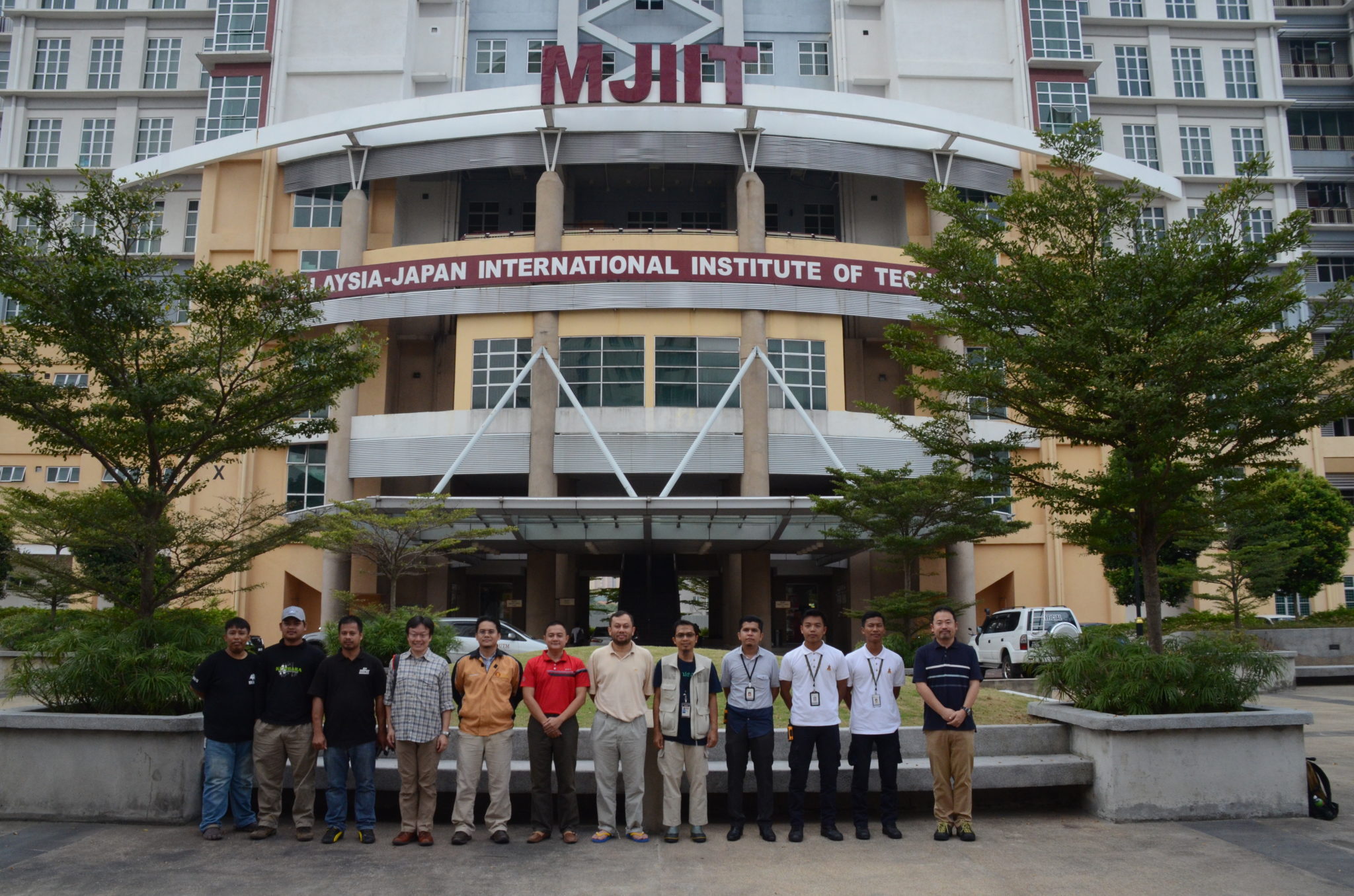
by megatfa | Oct 17, 2016 | Events and Photo Gallery, News
On 21st August 2016, DPPC team members, accompany with officers from Minerals & Geoscience Department Malaysia (JMG), Department of Irrigation and Drainage Malaysia (JPS), Forest Research Institute Malaysia and Disaster Management Unit of Selangor State Government, held a site visit to Hulu Langat Forest. This visit purpose is for DPPC research activity which involves storm flood and water/debris issues which occurred in Malaysia.Below are some of the moments captured during the program. For more photos of the events please visit MJIIT Official Facebook Page.
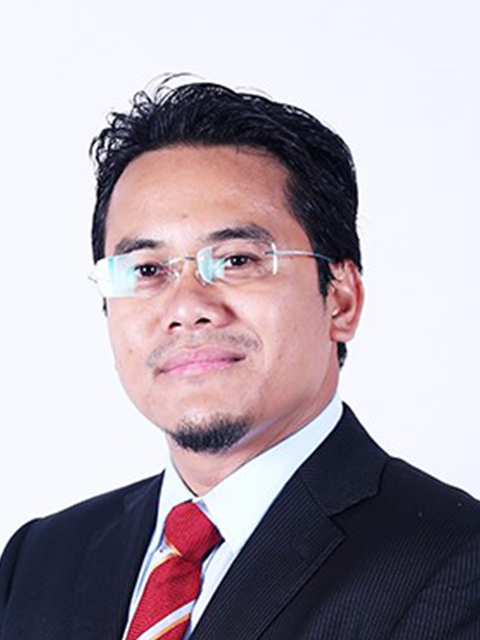
by megatfa | Oct 10, 2016 | News
Dr. Khamarrul Azahari Razak, Fellow Researcher of Disaster Prevention and Preparedness Center (DPPC) and Coordinator of the Master of Disaster Risk Management (MDRM) program was selected as one of the two winners of the prestigious Merdeka Award Grant for International Attachment 2016.
On 23 September 2016, Dr. Khamarrul was selected among young Malaysian researchers worldwide for his research on the various approaches of strengthening natural disaster research and promoting integrated university-government-industry partnership for managing and reducing disaster risks in changing environments.
Dr. Khamarrul plans to utilize this grant for research activities in Japan on Disaster Risk Reduction to further contribute to the DRM program of MJIIT.
Related links: https://mjiit.utm.my/mdrm/2016/10/10/dr-khamarrul-azahari-razak-receives-the-merdeka-award-grant-for-international-attachment-2016/










